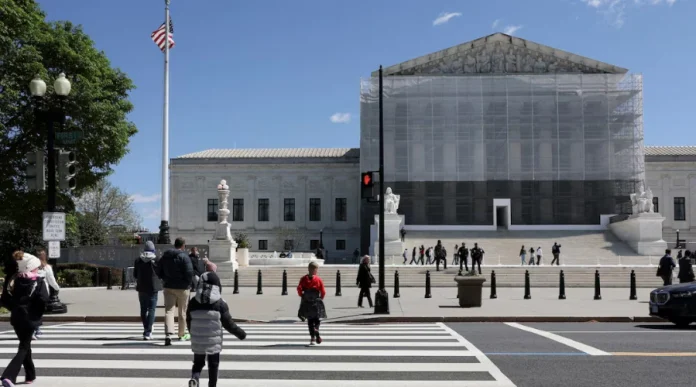In a move that has sparked both praise and criticism, former President Donald Trump recently signed an executive order aimed at further reducing the size and scope of federal agencies. The order is part of a broader initiative to streamline the federal government, which Trump has long viewed as bloated, inefficient, and overly bureaucratic. By cutting back on what he calls unnecessary regulations and agencies, Trump is once again promoting a core element of his political philosophy: that a smaller government is better equipped to serve the American people and foster economic growth.
The executive order targets various federal agencies and departments, seeking to either eliminate or consolidate their functions. The goal, according to Trump, is to make the government more efficient, reduce costs, and empower the private sector to function without excessive governmental interference. Trump has argued that the federal bureaucracy has become an obstacle to progress, stifling innovation, entrepreneurship, and job creation. By reducing the size of federal agencies, he believes the government can be more effective in delivering services, while also cutting down on waste and redundancy.
This initiative is in line with Trump’s broader deregulatory agenda, which has been one of the cornerstones of his presidency. Throughout his time in office, he made efforts to roll back regulations that he viewed as burdensome to businesses, particularly in sectors like energy, healthcare, and environmental protection. Trump’s administration was marked by a push to deregulate large swaths of the economy, which he and his supporters argued would lead to greater economic growth and job creation. The new executive order, which seeks to further trim the government’s reach, is another step in this direction.
However, the order has been met with strong opposition from critics who argue that reducing the size of federal agencies could have negative consequences for the American public. Opponents warn that eliminating certain agencies or consolidating their functions could lead to a lack of oversight in critical areas such as public health, environmental protection, and consumer safety. Federal agencies like the Environmental Protection Agency (EPA) and the Food and Drug Administration (FDA) play crucial roles in regulating industries and ensuring public welfare. Critics argue that cutting back on these agencies could weaken their ability to enforce regulations that protect the health and safety of the American people.
Moreover, opponents of the executive order argue that the effort to shrink the federal government could lead to job losses for thousands of federal employees, many of whom work in agencies that provide essential services to citizens. The proposed cuts could also exacerbate inequalities in government services, particularly for vulnerable populations who rely on federal programs for healthcare, housing, and financial assistance. For many progressives, the idea of further reducing government agencies runs counter to the notion that the government should play an active role in addressing issues such as poverty, inequality, and climate change.
Despite these concerns, Trump’s supporters have hailed the executive order as a necessary step toward reducing the government’s size and returning power to the people. They argue that government bureaucracy has become inefficient and out of touch with the needs of ordinary Americans. By cutting down on unnecessary agencies and regulations, they believe the private sector will have more freedom to grow and innovate, ultimately benefiting the economy and creating jobs. Trump’s call for smaller government resonates with many conservative voters who view government intervention as a hindrance to individual freedom and economic prosperity.
The executive order also reflects a broader ideological divide within American politics. On one side, there are those who argue that government should be an active force for good, addressing societal issues like healthcare, education, and environmental protection through regulation and oversight. On the other side, there are those who believe that a smaller, less intrusive government is more efficient and better able to foster economic growth and personal freedom. Trump’s policies have consistently favored the latter, and this executive order is another demonstration of his commitment to reducing the federal government’s footprint.
As the debate over the size and role of government continues, the impact of this executive order will likely be felt for years to come. If implemented, the cuts to federal agencies could reshape the way the government interacts with citizens and businesses, potentially leading to a more market-driven approach to regulation and oversight. However, it remains to be seen whether these changes will lead to the promised benefits of a leaner government or whether they will result in unintended consequences that harm the public.
As the 2025 elections approach, the debate over the role of government in American society will continue to be a central issue. Trump’s executive order on federal agencies is just one piece of a larger political puzzle, and its impact on the 2025 election cycle remains to be seen. Whether voters will embrace Trump’s vision of a smaller government or opt for a more expansive role for the state in addressing societal challenges will likely be one of the key questions in the years ahead.




